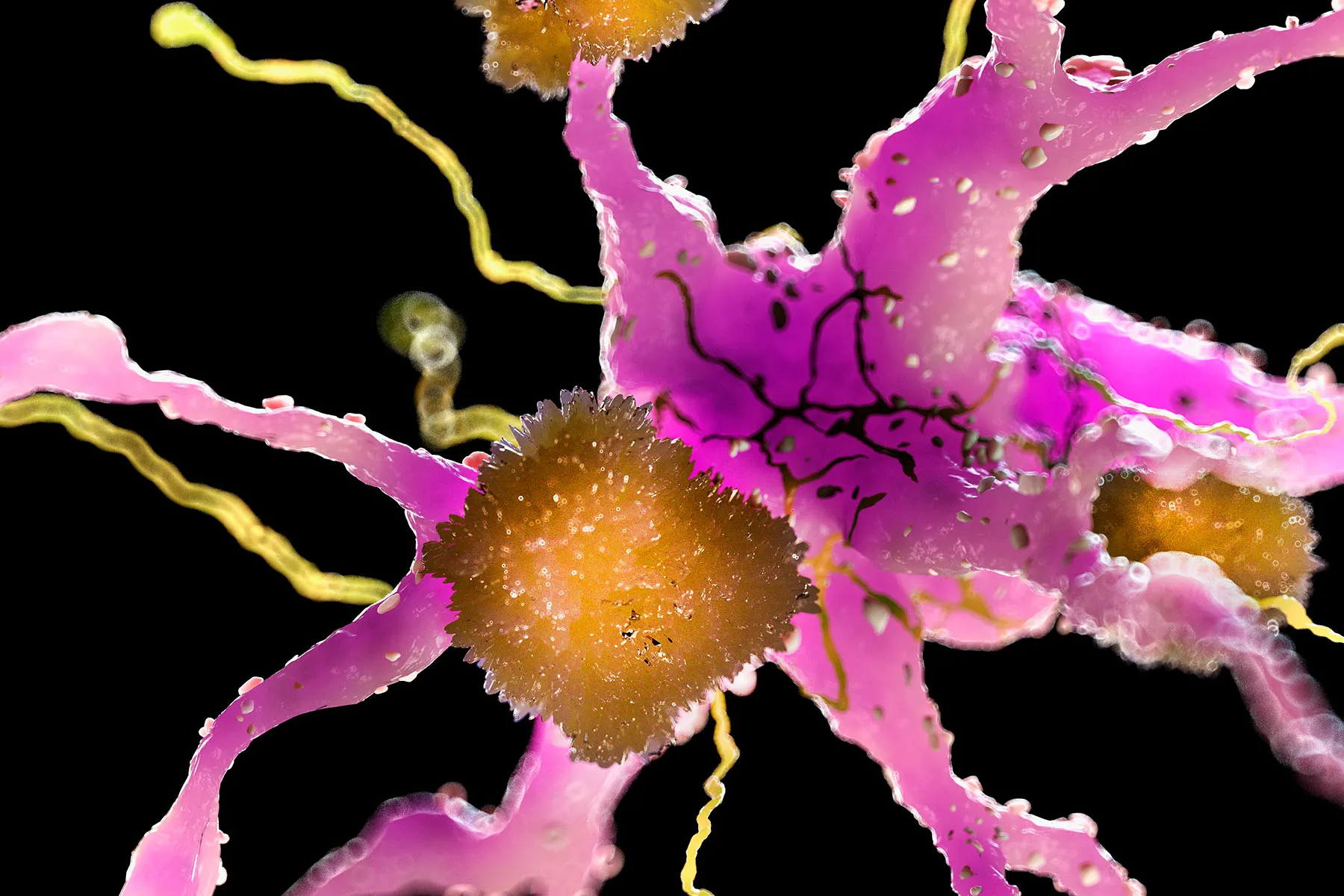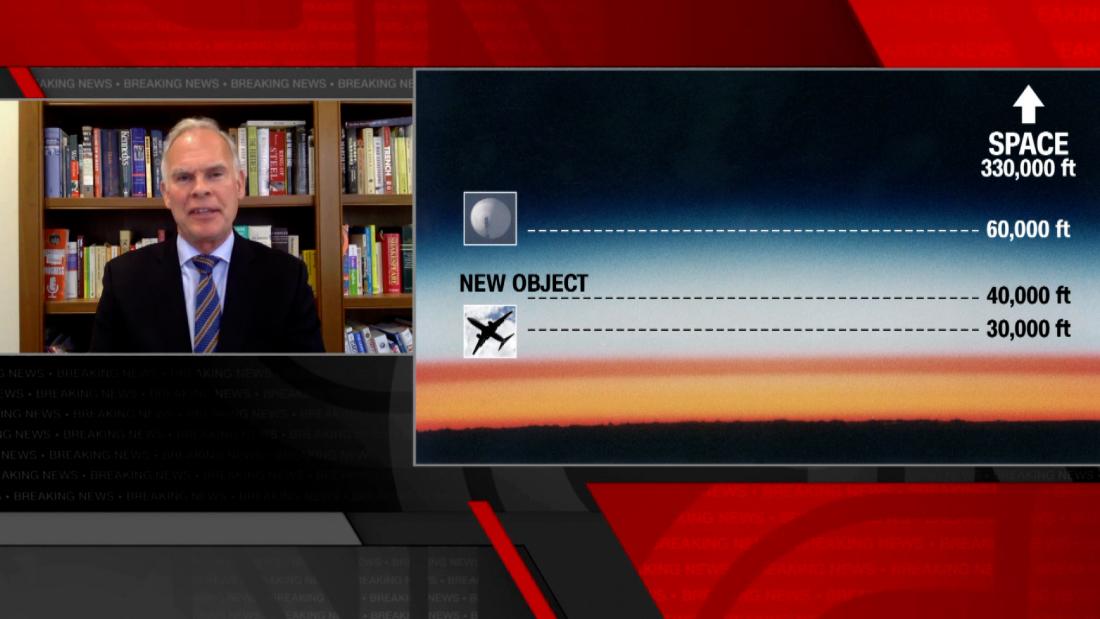Stop ‘Locking Up’ the Drug Problem, Prosecutors Told
Drug addiction is now widely described as a public health crisis, but that perspective has mostly been missing in American courtrooms, where prosecutors focus on punishment rather than rehabilitation and care, a webinar at John Jay College was told this week.

In recent years, drug addiction has been described as a public health crisis, but that perspective has mostly been missing in American courtrooms.
Prosecutors’ focus on punishment has been both “ineffective” and “counterproductive,” a webinar sponsored by the Institute for Innovation in Prosecution (IIP) at John Jay College of Criminal Justice in New York was told this week.
The webinar came at a time when the latest preliminary data from the Centers for Disease Control and Prevention, showed roughly 100,000 people in the U.S. died from overdoses over a 12-month period, a surge from a year earlier.
Speakers at the webinar called for a “holistic” approach that focused on the individual rather than just the crime.
“People shouldn’t be treated like all they are is the crime,” said Andre Ward, associate vice president of the David Rothenberg Center for Public Policy, the Fortune Society.
Ward, along with other medical experts and justice reformers, noted that until recently, the traditional approach to drug offenders was already distorted by racial bias.
“Drugs in the black community have been treated very differently than drugs in the white community,” said Sherry Boston, district attorney for the Stone Mountain Judicial Circuit in DeKalb County, Georgia.
But perspectives have changed since the outbreak of the opioid epidemic, which has taken a tragic toll on white communities in the U.S. heartland.
“There was a time in the inner cities and urban areas where the proliferation of crack cocaine was seen as a drug violence problem,” said Black.
“The truth is it’s all a public health crisis. But people weren’t willing to look at it through a public health lens until it was affecting a different category of people.”
The change coincides with a time when more people are recognizing the failure of draconian drug laws and the infamous war on drugs, said David Cloud, research director of Amend at UCSF School of Medicine.
‘Deprivation and Inequity’
Ward described his own experience growing up in “deprivation and inequity” in the East New York section of Brooklyn in the 1970s, where the choices he made led him to the streets, the illicit drug trade, and a prison sentence.
Coming from communities where equity and resources are denied to people of color leads to these choices, Ward said. It all culminates in places like “Rikers’ Island, where a unity of pain and trauma is housed.”
Now prosecutors can engage with stakeholders, such as social workers, nonprofits, reentry organizations, advocates and family members, Ward said.
“It’s really important for prosecutors to understand that not all drug laws were passed to address the real issue of drug crimes,” said Boston. “They were passed to get rid of the problem by locking up the problem.”
Dan Satterberg, Prosecuting Attorney at King County in Washington State, agreed.
“Laws regulating illegal drug use in America have always been set by politics, ” he said.
Satterberg added that “harm reduction” programs can make a big difference. These include provision of clean needles, safe injection sites, and naloxone distribution programs.
On Wednesday, Secretary of Health and Human Services Xavier Becerra said on Capitol Hill that the overdose epidemic has grown so severe that new measures are needed to keep people with addiction alive.
Becerra said the federal government will now directly some of the ideas of harm reduction, providing direct support and care to people actively using illegal drugs, according to NPR.
HHS will back clean needle exchange programs designed to slow the spread of diseases such as HIV/AIDS and hepatitis among drug users.
The federal government will also provide fentanyl test strips to help active drug users identify contaminated street drugs.
At the IIP seminar, Cloud said that harm reduction is “about meeting people where they’re at.”
The COVID-19 pandemic has created a backlog of serious felonies, and prosecutors need to decide priorities when it comes to drug cases, the panelists said.
“The thing that prosecutors have is discretion,” said Satterberg. “I can decide where to put my resources. I can decide to not prosecute people with small amounts of drugs.”
The IIIP has published A New Approach: A Prosecutor’s Guide to Advancing a Public Health Response to Drug Use and several corresponding videos that provide prosecutors with strategies for advancing drug policy grounded in principles of harm reduction, public health, and racial justice.
“This Guide’s central goal is to provide practical advice to prosecutors on how they can use their discretion in a way that promotes public health,” the IIP said.
Nancy Bilyeau is Deputy Editor of The Crime Report.

 Landwebs
Landwebs 























